Vegan Diets are Healthy for Cats, Study Finds
The pet food industry is booming. Around $133.9 billion in global pet food sales is expected by the end of 2023, representing a 43.9% increase from 2018. Concerns about environmental animal agriculture sustainability and pet owner preferences have led to new product development and the launching of new pet food diets, including raw meat diets, in vitro meat products, and diets based on novel protein sources such as terrestrial plants, insects, yeast, fungi, and seaweed. However, some veterinary professionals worry that these alternative diets may be suboptimal for cats, who are obligate carnivores.
Several studies have looked at vegan and vegetarian diets in pets, but they all had constraints that limited the predictive value for cats, especially those on a nutritionally sound vegan diet. A research team from the United Kingdom and Germany designed a study on health variations between cats maintained on a vegan versus a meat-based diet. The researchers initially hypothesized that a nutritionally sound diet wouldn’t significantly affect feline health.
Study survey
Study results were based on survey responses from 1,369 cat owners who fed their cats either a vegan or meat-based diet. Owners provided information about themselves and one cat in their household for at least one year that included:
- Amount of treats, snacks, table scraps, or supplements the cat received
- Human demographic data, including continental region, urban or rural location, educational accolades, occupation, household income, age, gender, and respondent diet
- Information about the cat, including household role, age, sex, neuter status, activity level, health status, and meal reactions
- Factors that influenced the owner’s decision about pet food choice
- Veterinary visit frequency
- Medication use other than vaccinations and parasite preventives
- Whether the cat had progressed to a therapeutic diet
- The veterinarian’s opinion of the cat’s health
Study results
The majority of respondents were females from the UK or Europe, and they cited the food’s health and nutrition and cat health maintenance as most important when choosing a pet food. Data obtained about the cats included:
- Diet — In addition to the vegan or meat-based diet, 41% of respondents said they offered their cat treats, snacks, or table scraps at least daily, and 13% also regularly offered supplements.
- Primary location — Fifty seven percent of cats on a meat-based diet and 67% on a vegan diet were characterized as mostly indoors, with the remaining cats classified as mostly outdoors or equally indoors and outdoors.
- Age — The mean age of all cats in the study was 8 years. Vegan cats were on average 1.9 years younger than those fed a meat-based diet.
- Sex and neuter status — The study’s cats included 52% females and 48% males, and almost all were spayed or neutered. No association was found between diet type and sex or neuter status.
- Increased veterinary visits — Cats fed a vegan diet had, on average, 10.3% lower odds of making two or more veterinary visits, potentially indicating an illness, when compared with felines fed meat. The results were considered a tendency, since the effect was higher than 10%, but not statistically significant.
- Medication use — Cats fed a vegan diet had, on average, 19.6% lower odds of receiving medication, which could potentially indicate an illness, compared with felines fed meat. This is also considered a tendency rather than statistically significant.
- Progression to a therapeutic diet — Cats initially fed a vegan diet had, on average, 56.5% lower odds of progressing to a therapeutic diet, compared with felines fed meat. This is considered a strong tendency, because the effect was higher than 25% but not statistically significant.
- Veterinary assessment — Cats fed a vegan diet had, on average, 9.7% lower odds of their veterinarian characterizing them as having a severe illness, compared with felines fed meat. This is considered a tendency.
- Owner assessment — Cats fed a vegan diet had, on average, 26.9% lower odds of their owner characterizing them as having a severe illness, compared with felines fed meat. This is considered a strong tendency.
- Sick cats — Cats fed a vegan diet had, on average, 15.5% fewer health disorders, compared with felines fed meat. This is considered a tendency.
- Specific health conditions — Meat-fed cats’ probability of being affected by 15 health conditions was higher than vegan cats, who were more likely affected by seven disorders, but only one difference between the diet groups was statistically significant.
These results indicate that nutritionally complete and balanced vegan diets may benefit a cat’s health more than a meat-based diet. However, more comprehensive research that evaluates cats’ health with more objective data is necessary to make specific recommendations about feline vegan diets.


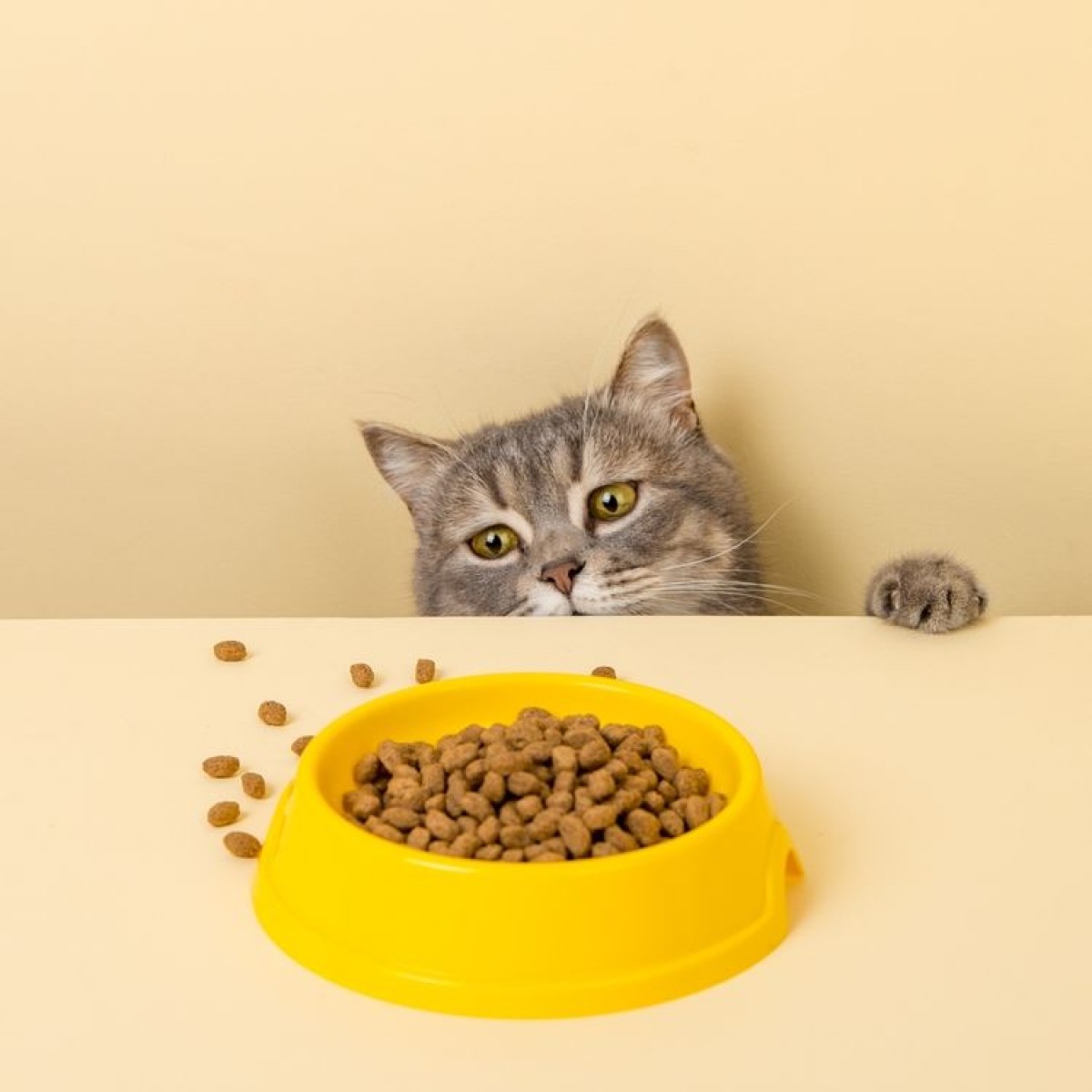


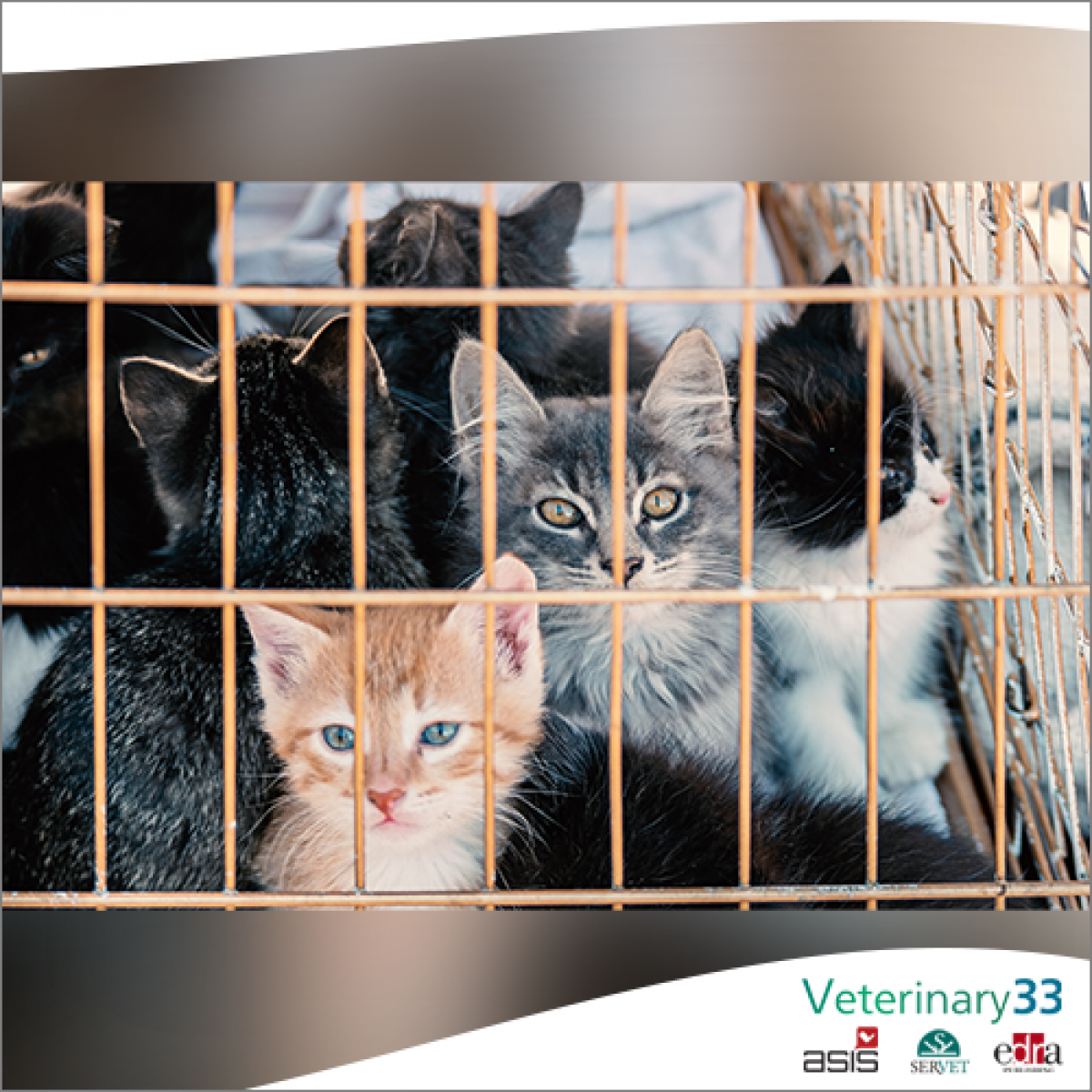




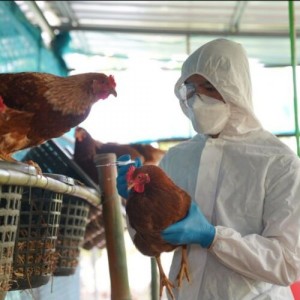
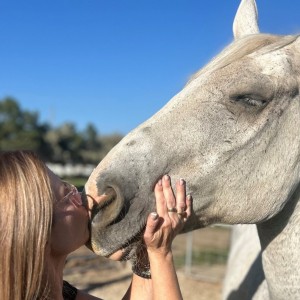
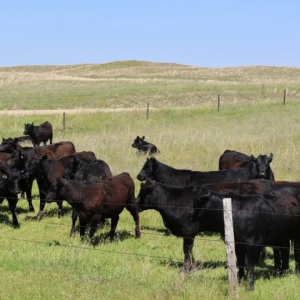

List
Add
Please enter a comment